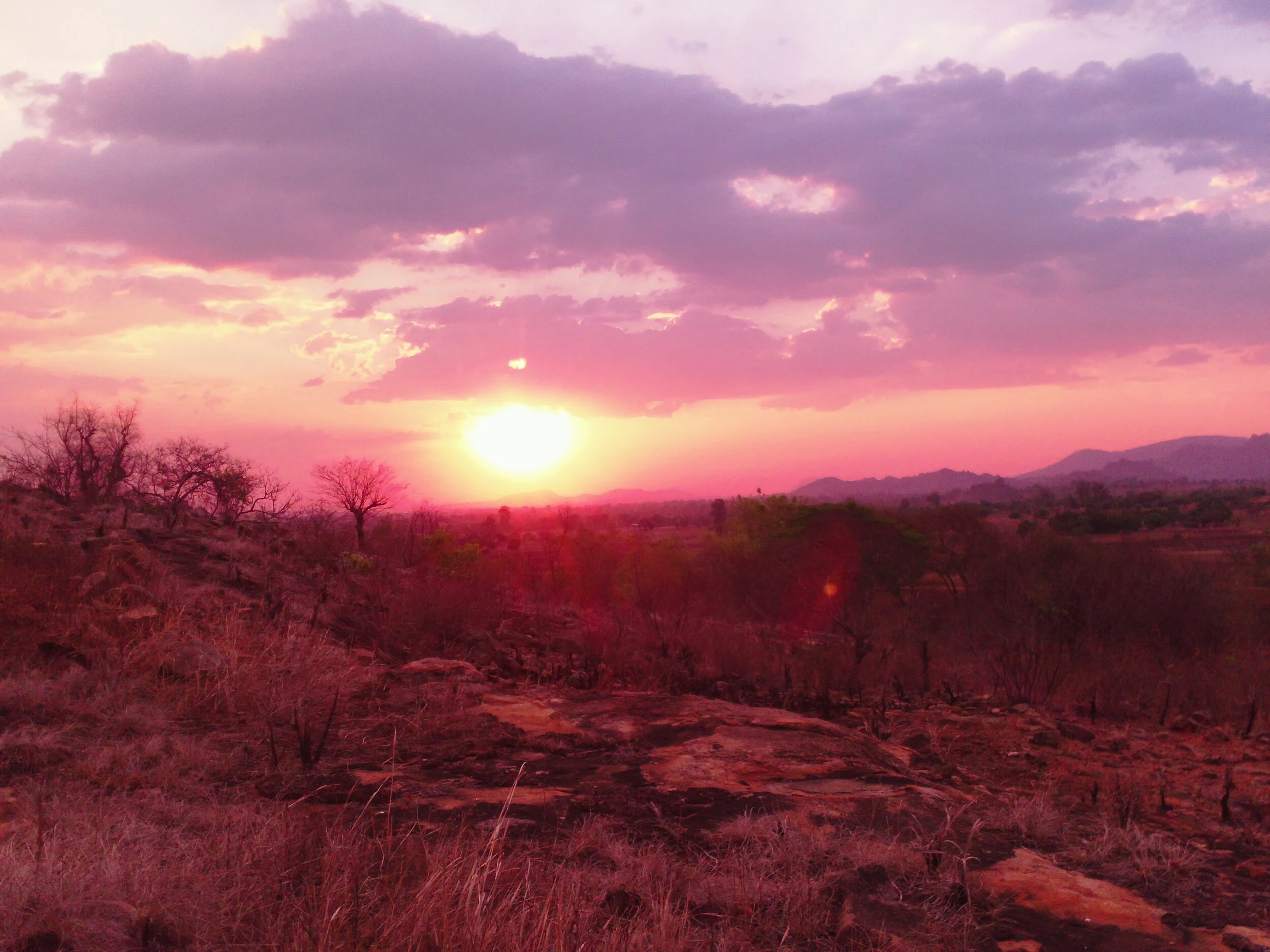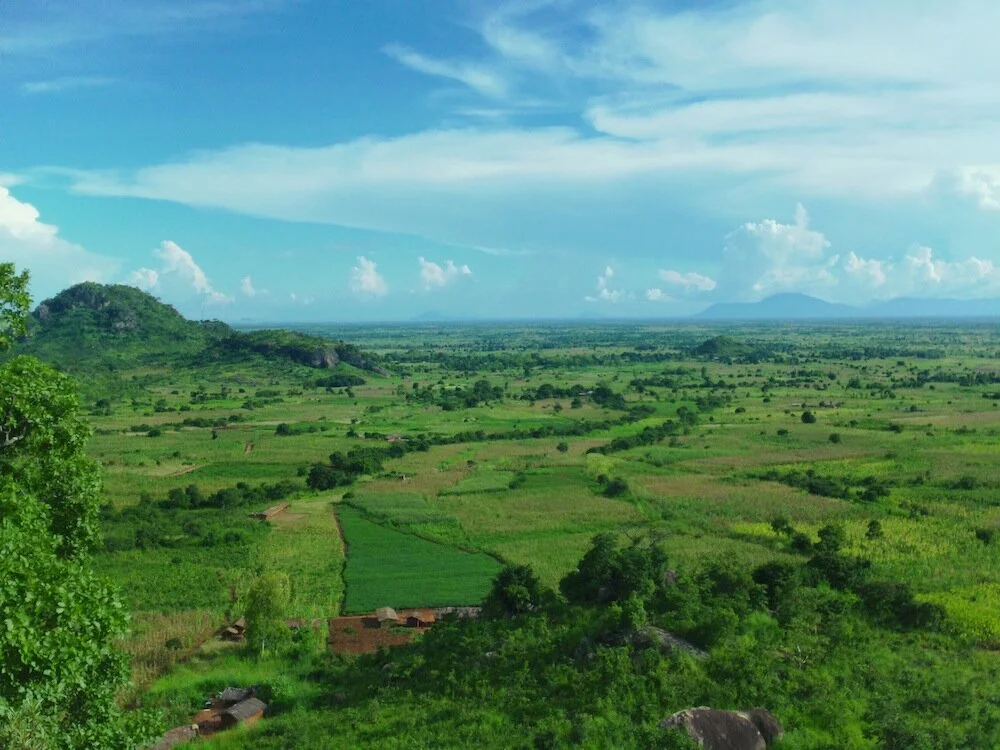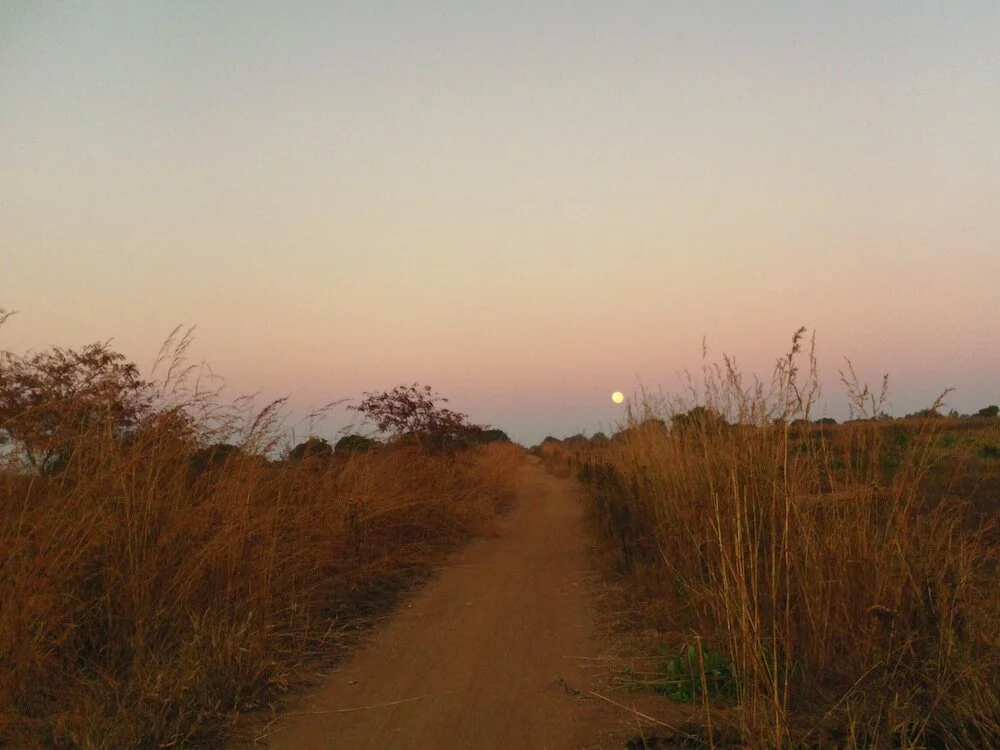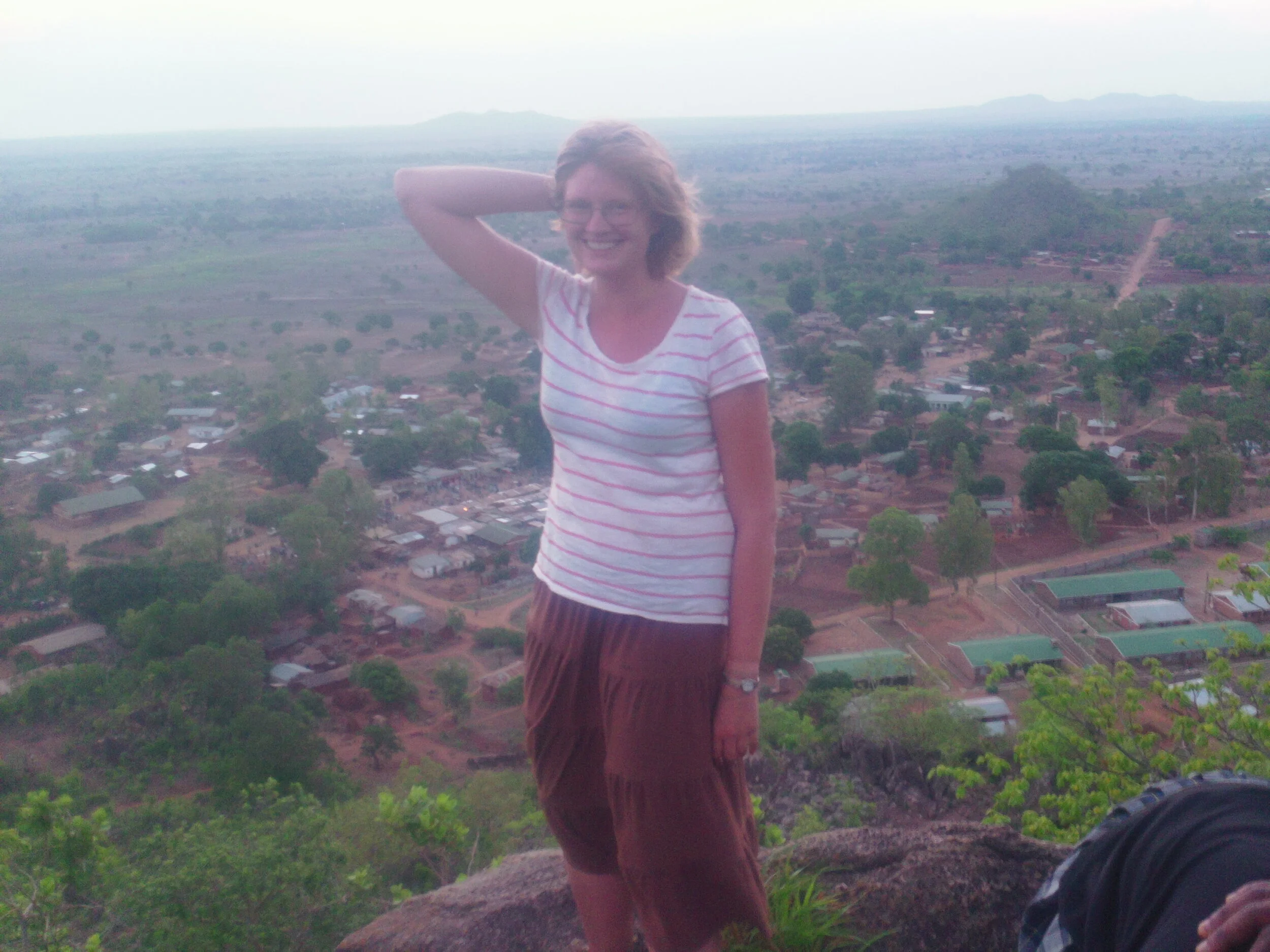“Do you remember the time you came and gave me your college essays, and you had those blisters covering half your palms from transplanting rice?”
“Yeah, I really do.”
“Those are the gnarliest blisters I’ve ever seen. And I’ve hiked the Appalachian Trail.”
Back in those days, Freza was a skinny teenager. He lived in a mud-brick house with a straw roof with his parents and seven younger siblings. His home village was a four-mile walk from Chikweo, the nearest place with electricity. He walked that road every day — even when he was hungry, even when he was sick, even when he was chased away from campus because he didn’t have school fees — because he believed that education had the power to change his life.
And it did. The last time I saw him, I had just gotten out of the Peace Corps. I did a long Greyhound trip up the east coast to visit friends and family. We met at the library on McGill’s MacDonald campus; it felt so good to hear a Malawian accent. It was February in Montréal, and the wind kicking up off the St. Lawrence River was so harsh it made my eyes water, but he was wearing a windbreaker with the sleeves rolled up to his elbows.
“The door opens for you,” he remarked as we walked out into the bitter cold. “Back home you had to open the door, but here it opens for you.”
Compare him to the college senior sitting across from me, speaking effortless English. “Hard work” doesn’t even begin to describe how this young man got from there to here.
“What advice would you give to Friday if he gets into an American university?” I ask him now.
“It will be the hardest thing you’ve ever done,” he responds.
“Harder than transplanting rice?”
He laughs and shakes his head. “A lot harder. I had no idea what I was getting into.”
He tells me about how in his freshman year, he felt hopelessly behind. He felt stupid. The amount of work he had to put in just to catch up to everyone else was daunting.
“I hear that,” I say. “I had a 1.9 GPA after my first semester of college.”
“Really?”
“Yeah…” I shrug. “I was used to always being one of the smartest kids in my class without really having to try.”
“I felt the same way.”
“Right? But then when I got to college, it was a whole different world. All these other kids had private high school educations and tutors, all these resources I didn’t even know existed, and I was so intimidated that I decided if I couldn’t succeed, then I’d fail intentionally, and it would at least be my decision.”
He looks confused; I’m not sure if it’s the fuzzy logic or if he can’t believe that the person who helped him apply to college almost flunked out herself. What can I say? To preserve my ego, I decided that I wasn’t stupid, the system was stupid, and I was just too smart to go to class. And I still turned out okay in the end.
“That’s why I admire you so much,” I continue. “You came from a completely different world. You learned on a chalkboard. You could have given up, and no one would have faulted you, but instead you worked your ass off.”
“Yes I did,” he says. I feel a twinge of guilt. Who did I think I was, transplanting this kid, forcing him to struggle in this strange new environment?
“Was it worth it?” I ask.
Without a moment’s hesitation, he says, “Yes.”









